Biorefining microalgae: successfully scaling up
An interview with the co-founder and CEO of AlgoSource
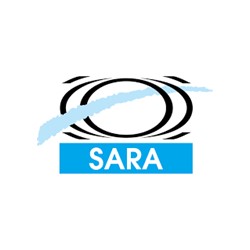
Key words
“I was impressed by their comprehensive approach, combining research with an economic survey”, remarks Philippe Guy, the CEO of SARA.
“We are always keen to collaborate with universities, preferably local ones, for all of our research and development projects. As regards to this project, I immediately noticed that the University of Nantes was at the cutting edge of microalgae.
What I like about working with academics is how their point of view differs from that of industrials. This is what provides us with a more open-minded attitude towards a project, by approaching it from different angles. This is very important.
One thing that I found particularly surprising regarding Capacités’s experts, and one which is specific to the University of Nantes, is that they approached the project from both a technical and an economical perspective. That really impressed me. I was very pleased to discover a group of academics that had grasped the formula for a successful industrial project in terms of balancing research and return on investment. Their research was completely thorough and entirely worthwhile. This is what allowed us to continue the partnership and to develop it further, because we knew which choices needed to be made in order to secure an acceptable future ROI.
As with the management part of the project, I was very pleasantly surprised by the professional and multidisciplinary standards of the AlgoSolis R&D platform. I was further impressed during my visit of their laboratory and facilities. Based on past experience, they have the means to transpose our techniques from a laboratory to a pilot scale”.
SARA operates a refinery in Martinique, as well as oil terminals in Guadeloupe and French Guiana. It creates 600 direct and indirect jobs in these three French departments. Each year, they process nearly 800,000 tonnes of crude oil and distribute over one million tonnes of finished goods.
Our projects
These projects may also interest you
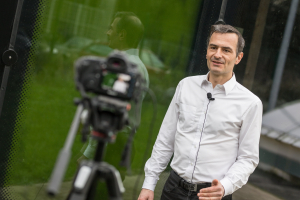
An interview with the co-founder and CEO of AlgoSource
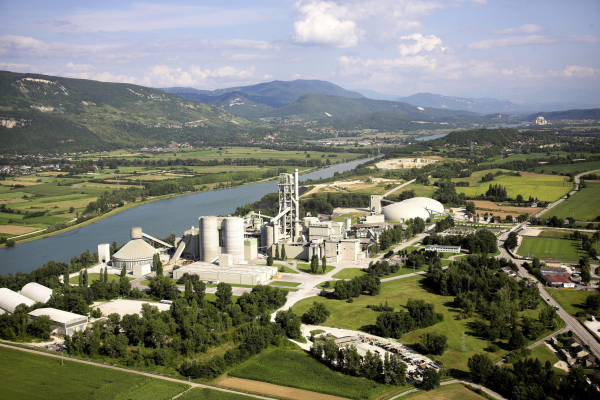
As part of an industrial ecology initiative aimed at mitigating waste heat and industrial effluents rich in CO2 that are produced by cement plants, ADEME (French Agency for Environment and Energy Management) funded the project “CIMENTALGUE”.
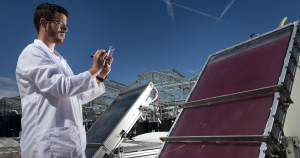
ezCOL BV called upon experts in bioprocess engineering from Capacités to scale up the microalgal biomass production and provide the volume necessary for a clinical trial.
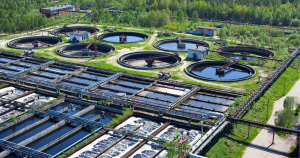
GLS is an engineering company specialised in water treatment and, as such, frequently designs wastewater treatment plants. In that context, it must comply with the legal limits of nitrogen and phosphorous content in the treated wastewater discharged from the plant.
This site uses cookies and gives you control over what you want to enable